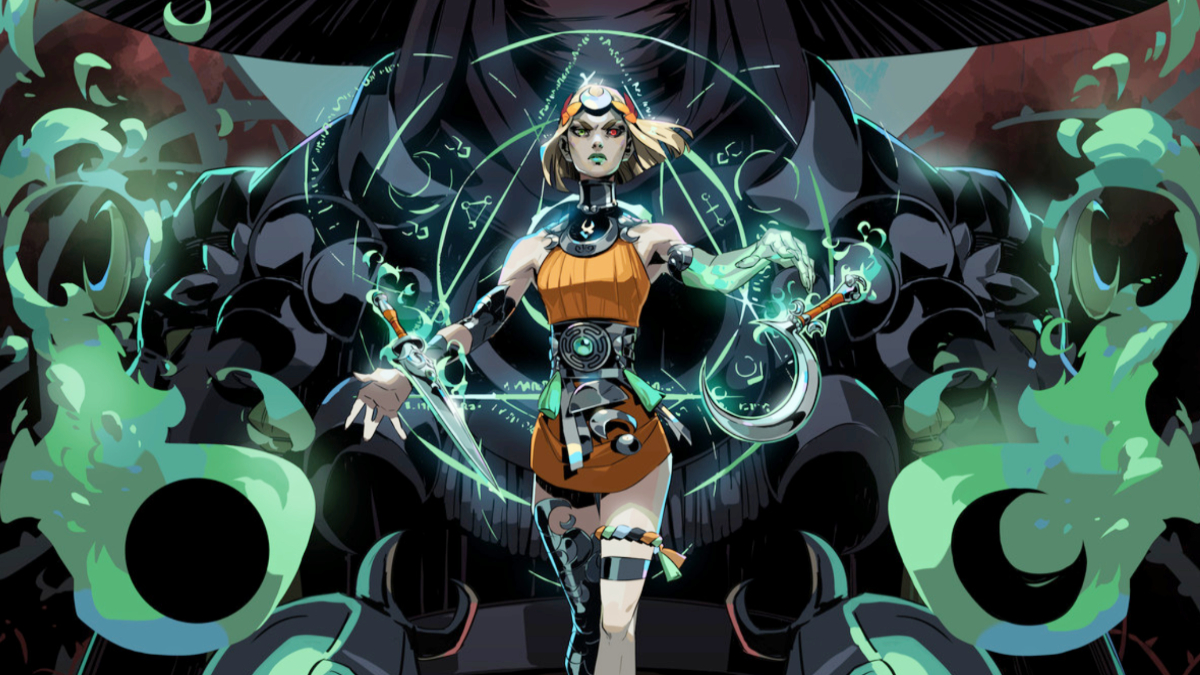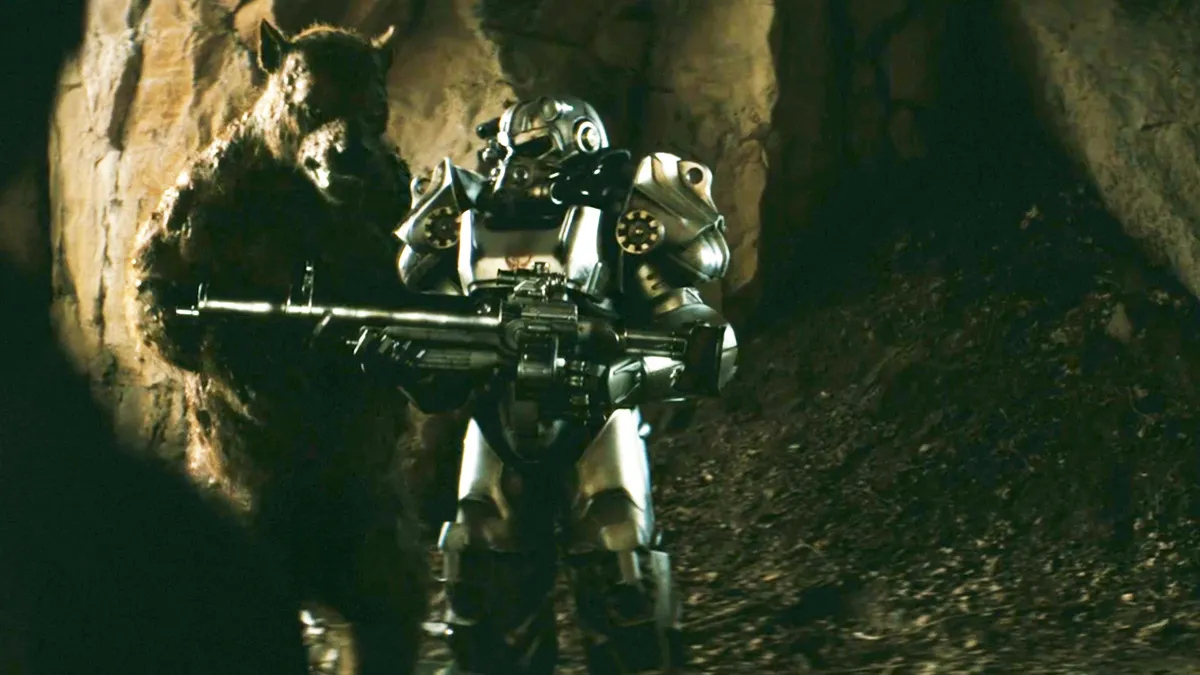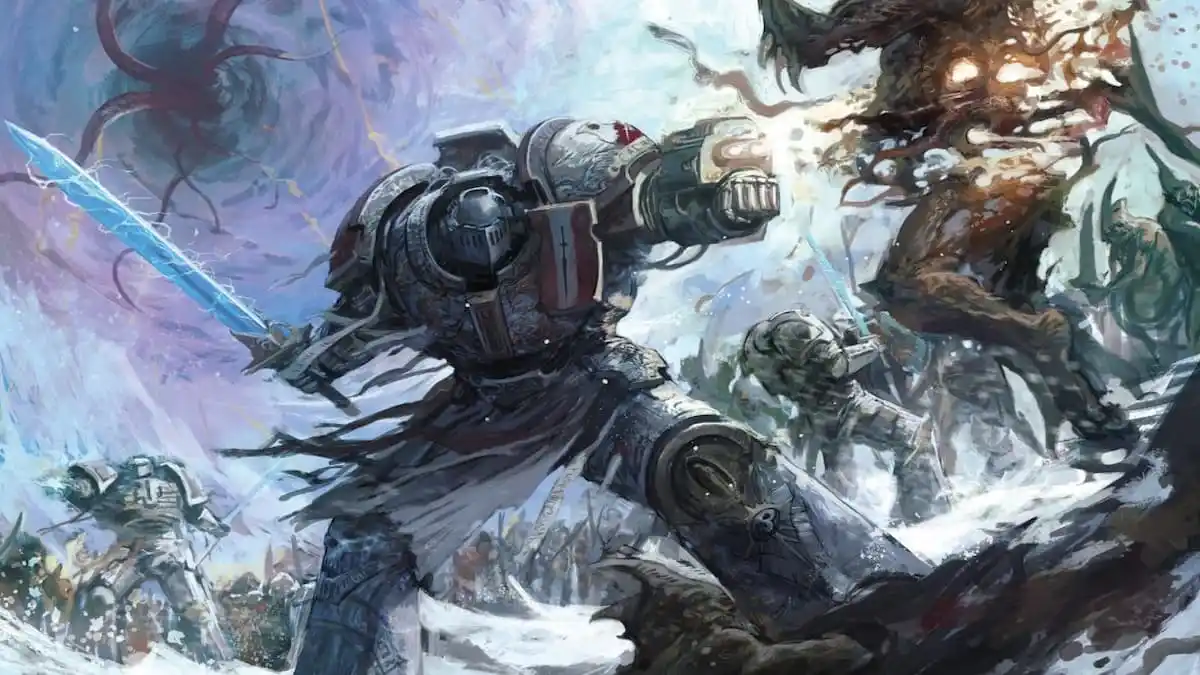
In order to find inspiration, we often look to the past by digging through history books that tell fascinating tales of humankind’s strengths, weaknesses and decision-making skills. History itself is a truly fascinating subject that is ripe with opportunities for discussion, study, debate and, as we all know, plot lines. As gamers and general entertainment fans, we’ve bore witness to many occasions where the days of yesteryear have influenced the games, movies, books and television shows that we’ve digested. In fact, the gaming industry is right up there with its peers in this regard, due in part to its many World War II shooters. However, that fad has died down quite a bit, and a new interactive history king has supplanted those military bullet-fests. It, of course, goes by the name of Assassin’s Creed.
After taking us back in time to Revolutionary America with last year’s native fable, Assassin’s Creed III, Ubisoft decided to place a larger focus on naval mechanics with its popular action/adventure series’ fourth numbered outing. The result is Assassin’s Creed IV: Black Flag, a pirate-filled epic that pits players into the role of Edward Kenway, who just so happens to be another of Desmond Miles’ ancestors. However, the present-day twenty-something is not a part of this experience, after having previously passed away. That doesn’t mean that he doesn’t play a part, though, because Abstergo Industries has saved his DNA in order to continue exploring his rich heritage through digital means.
This time around, we play as ourselves via a first-person viewpoint that shies away from showing our character’s face for obvious reasons. That design ends up eliminating the somewhat boring present day missions that the previous games utilized Desmond for, but there’s still stuff to do outside of virtual reality assassinations. That’s because, shortly after being hired on by Abstero Industries’ subsidiary, Abstergo Entertainment, a multimedia company that explores subjects’ ancestry in order to come up with ideas for video games, films and other related properties, we’re sent a strange message by another employee. Unsurprisingly, it relates to a somewhat devious task, during which co-workers’ computers and the company’s security systems must be hacked, in order to dig up information and, above all else, spy.

The aforementioned office building quests don’t make up a large portion of Black Flag. In fact, there aren’t too many of them, and they ony last for about ten to fifteen minutes each. Players can decide to do more exploring on their own time, however, if they wish to discover more about the game’s storyline. Secretive e-mails, texts and audio recordings are hidden throughout the building, and can be accessed through easy to grasp hacking mini-games that are rather enjoyable to complete. Of course, not all gamers will want to spend time walking around and looking for unmanned computers to steal information from, and will spend most of their time focusing on the main campaign instead.
Taking place inside of Templar-run Abstergo Industries’ Animus computer system, Edward Kenway’s story is one that almost evenly splits its time between land and sea. You see, the blonde and scarred English protagonist’s storyline truly begins aboard a ship full of Privateers, where he’s stationed for a tenure of one to two years. However, combat quickly ensues and the noted vessel blows up alongside of its wood-based foe, sending most of its inhabitants to a water-filled grave. Luckily, Kenway survives, and wakes up beside another man on a sandy beach in the middle of nowhere.
Once the two men come to grips with what has happened, a fight ensues, resulting in the death of the other man. It is during that time that Edward learns about the Assassins, as he discovers that his slain opponent belonged to their ranks and was in the middle of a secretive mission with potentially negative consequences. Out of curiosity, the young Privateer, whose interests also lay in the world of pirating, steals the man’s clothing and assumes his identity so that he can learn more about what is going on. Thus begins a twenty-something hour-long quest line that once again deals with the battle between the Assassins and the Templars, the latter of which happen to be searching for a long lost temple called the Observatory, wherein an all-seeing treasure is said to be hidden.

Story-wise, Assassin’s Creed IV: Black Flag is above-average, but isn’t ever spectacular. In Edward Kenway, Ubisoft has created a good but troubled man, whose wrong decisions sometimes catch up with him. However, as a main character, he isn’t the easiest person to identify with or truly care about. Additionally, his narrative sometimes fails to fully flesh out certain characters and happenings, which can become a bit confusing when you consider that it introduces a large assortment of somewhat colourful allies and enemies throughout its tenure. Still, there’s quite a bit to like about how things unfold, even if there’s nothing award worthy to be found within said writing. I mean, you get to be a Privateer turned pirate assassin, who’s troubled and occasionally fumbles his way through things, or ends up coming up with plans that are simply creative genius. As a result, it’s hard to truly come down on things.
Now, let’s talk about the gameplay, which still follows the familiar formula that was established with the series’ debut back in November of 2007. You’ll spend a large portion of your time with this game trailing, eavesdropping upon and killing different Templar targets, which is very reminiscent of what we did within its predecessors, although improved, third-person shooter style gunplay mechanics make things easier. In fact, there’s too much trailing and eavesdropping, which ends up becoming tedious. Sure, there are other types of objectives that rely on stealth, climbing and infiltration, but even those tend to show a lack of creativity. It’s becoming apparent that the developers have brought most of their good ideas to fruition already, and are mainly polishing and fine tuning them instead of coming up with memorable new ones. That’s worrying going forward, and adds further proof to my theory that the Assassin’s Creed franchise would be better off if it was released bi-annually, instead of annually. We’ve received such an influx of these games over the last several years that their general formula has become a bit boring.
Adding on to the main objectives found within the game’s thirteen core memory sequences are tons of secondary objectives. The list is lengthy and includes finding a myriad of collectibes, reaching different viewpoints throughout the West Indies, and completing secondary assassination contracts. Those are pretty much old hat, but there are thankfully new additions, including Templar Hunt mini-quests that span out over a handful of missions, as well as pirate-freeing opportunities. Since we get to play as a pirate, the latter list item is fitting, but there’s more to its inclusion than simple ambience. You see, Edward commandeers his own boat early on, and must staff it with hired men, all of whom must be freed from captivity, captured during plundering attempts or rescued from sunken ships.

Earlier in this review, I mentioned that this particular outing places a larger emphasis on sea-based content. That’s very true, because whenever Edward isn’t on land, he’s sailing the open seas. Of course, as the player you can usually decide whether or not to engage in naval battles while sailing, but it’s a safe assumption that you’ll probably end up voluntarily engaging in quite a few of them during your time with Black Flag. Be warned that each ship you’ll come across has its own level, ranging from cannon fodder to run for the hills. Honestly, unless you upgrade your seafaring Jackdaw on a regular basis, you’ll want to avoid those higher levelled vessels – that is, unless you want to be blown to kingdom come.
Impressively, Ubisoft managed to polish and enhance just about every facet of Assassin’s Creed III‘s naval content, paving the way for a noticeably better sea-based experience in Assassin’s Creed IV: Black Flag. The Jackdaw now has several different types of weapons that can be utilized, such as chase cannons and mortars, which pack a heavy punch. Each type can be purchased and upgraded, with the same being true of larger crew quarters and ammunition storage areas. You’ll want to quickly become accustomed to how things work, because even some of the earlier naval battles can be somewhat challenging. In fact, while the core gameplay is quite easy from start to finish, there’s quite a spike in difficulty when it comes to dealing with other ships. As such, smarts and ingenuity are important factors that play into one’s success. Try to evade as much as possible, and make sure to use the new travel speed to get out of harm’s way whenever possible. If you try to outrun mortars, you’ll be surprised to find that you’ll often end up being successful.
If you’re wondering what the benefits of plundering other ships are, you’ll be happy to hear that there’s a resource-based meta-game hidden beneath Black Flag‘s rum-covered exterior. Almost all of the game’s upgrades require either animal pelts earned by hunting or harpooning, or materials like wood and metal. You’ll find some resources inside of crates, or in lost cargo that happens to be floating in the sea, but the majority of what you’ll use will come from other ships. As such, it’s important to regularly attack, board and plunder various ships whenever you see that they’re vulnerable. Once you’ve taken their men and cargo, you can then choose to use their parts to repair your ship, utilize them to lower your wanted level or give the vessel to a couple of your crew members. If you choose the latter option, you’ll then be able to send those boats out on various, material-intense missions.

As a sum of its parts, Assassin’s Creed IV: Black Flag is surely the most polished, action-packed and content-filled franchise iteration thus far. Although it can be finished in about twenty hours or so, there’s upwards of eighty hours of gameplay included on the campaign disc alone, meaning that you’ll be able to get a lot of value out of your sixty-dollar purchase. However, the unfortunate thing is that, like myself, a lot of people are probably a bit tired of the similar formula that has run rampant throughout these games since their inception approximately six years ago. That means that this otherwise great game, which is only slighted by minor issues, is more difficult to love than it should be.
Outside of the campaign, which we’ve talked about in detail, there’s a full-fledged multiplayer experience to be found here. If you like competitive and cooperative scenarios that place an emphasis on stealthily killing targets, protecting objective points such as chests, and teaming up to become the best assassin unit possible, then you’ll love what’s on offer. Ubisoft has polished its more familiar game modes, and has also taken the time to create new options, such as a story and mission-focused version of Wolfpack that lets players team up while they learn the mode’s basics. That’s a nice addition, but may not be the most popular one once all things have been said and done, because there’s also a Game Lab that lets folks edit game modes in order to create their ideal settings, which can then be shared with others.
Visually, the multiplayer is impressive, offering a lot of colour and a good amount of detail. However, it’s the campaign which truly shines when it comes to presentation. The West Indies have been painstakingly realized through impressive means, creating a large, wide-open world that is chock full of visual polish. As expected, there are occasional hiccups, such as pop-in, freezing and pixellation, but a pre-release patch seems to have put a stop to a lot of them.

The seafaring side of the experience has seen the most notable changes, because it now features intense weather patterns that one must watch out for and strategize as a result of. Be wary of intense fog, because you’ll never know what’ll be around the next corner, but also remember that you can’t use travel speed or let go of the wheel in order to go for a swim during storms. You will want to use swimming to your advantage, though, in order to sneak by or hide from guards. Granted, it can also be used to go on underwater shipwreck salvage attempts – a mechanic that is new to the series and works pretty well.
In keeping with its attempt at strong presentation values, Ubisoft employed some talented voice actors, sound effects artists and musicians to create Black Flag‘s soundscape. It’s tough to really fault things here, because everything ranges from above-average to great. However, there was one time (pre-patch), where the sound effects cut out on me. Thankfully, it only happened once and didn’t last for long, allowing me to thoroughly enjoy the in-game world’s audio without any other problems. The best part of everything, though, were my crew’s sea shanties, which they sang as I sailed the open, and sometimes tumultuous waves.
To conclude, Assassin’s Creed IV: Black Flag is an eighteenth century experience that fans of both pirates and this stealth-action franchise won’t want to miss out on. As such, those who’ve yet to become turned off by the series’ annual release schedule will want to make sure they take their turn as Edward Kenway within this beautiful and normally sunny West Indies environment. Conversely, if you’re new to the series, this is a great place to start because it’s the best of the bunch, narrowly beating out last year’s Assassin’s Creed III in order to earn top spot.
This review is based on the Xbox 360 version of the game, which we were provided with.






